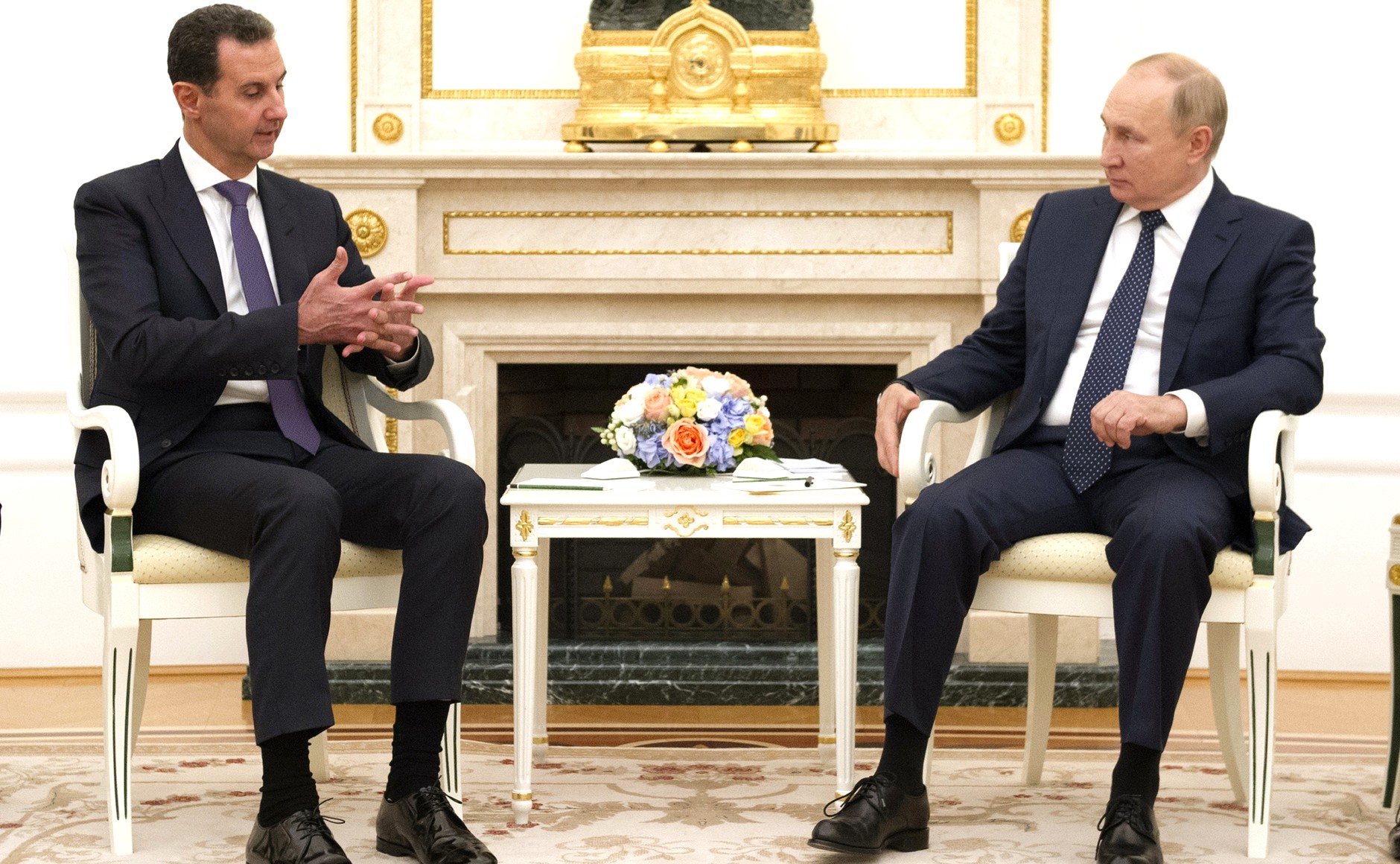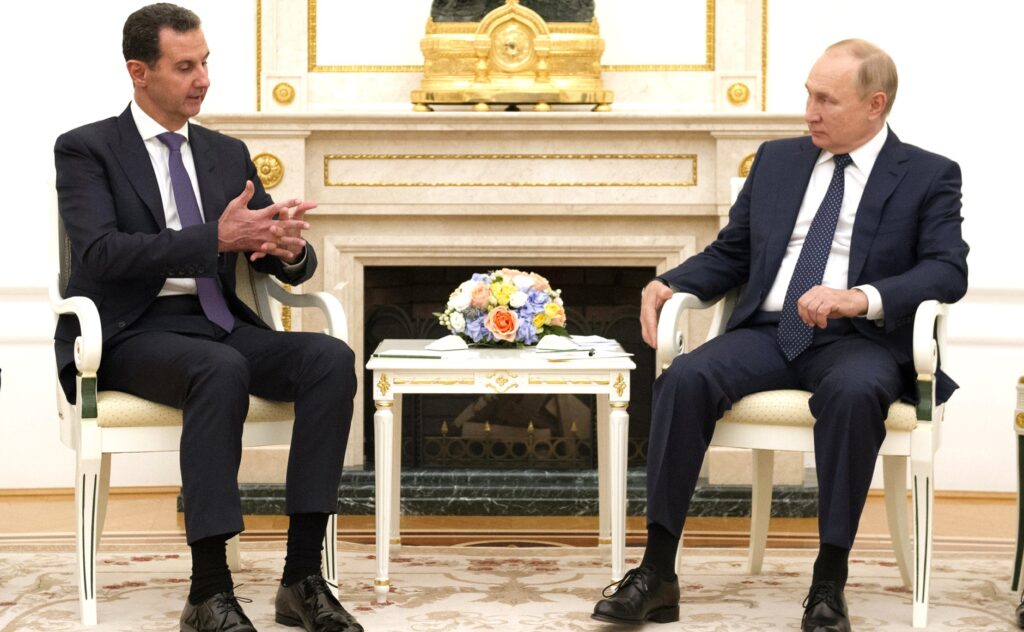Politics
JUST IN: Deposed Syrian President Bashar al-Assad Flees To Russia

Desposed Syrian President Bashar al-Assad, who fled the nation’s capital of Damascus when opposition forces led by Al-Qaeda offshoot Hayat Tahrir-al Sham (HTS), advanced on the city on Saturday night.
Shortly before midnight local time, Syrian opposition forces issued a broadcast from the nation’s state television station stating that Assad had been deposed and had fled the country.
Syrian Prime Minister Mohammed Ghazi al-Jalali soon confirmed that the Assad government had collapsed and instructed military units to surrender. He also stated that the deposed government will be working with opposition groups to ensure a transition of state resources and institutions, adding that he and other members of the former government will recognize whichever leader is selected by the Syrian people.
(VOTE: Should JD Vance Run For President In 2028?)
Assad’s whereabouts remained unknown as of Sunday morning, when opposition fighters were looting the presidential palace and the deposed dictator’s underground bunker.
Reports surfaced Saturday night that a plane thought to be transporting Assad rapidly lost altitude before disappearing from radar screens near the city of Homs. Speculation swirled that Assad’s plane had been shot down, though the reports appeared unlikely by Sunday afternoon, as a crash site had not been identified.
Russia’s foreign ministry issued a statement Sunday saying Assad had “decided to leave the presidential post and left the country, giving instructions to transfer power peacefully.”

Assad and Putin meet in 2021
Assad is a longtime ally of Putin’s and the Russian state, which maintains a Mediterranean port in the Syrian city of Latakia. The Russian military and its Wagner Group contractors played a key role in securing Assad’s grip on power in 2016, when Assad forces and their Iranian allies pushed Syrian jihadist groups into Idlib province, located in Northeast Syria along the Turkish border.
It was from Idlib that HTS launched its lightening offensive on Assad’s territory in late November. After the conflict was widely viewed as frozen for several years, HTS forces quickly captured Aleppo and continued their advance towards Damascus over the past two weeks. The offensive culminated with the capture of Damascus on Saturday.
In an interview with CNN, Julani claimed that his days of being a radical jihadist are in the past.
“People who fear Islamic governance either have seen incorrect implementations of it or do not understand it properly,” he said. Julani added that the militant group is attempting to reassure Syria’s minority communities, including Christians, Druze and Yazedi citizens, will not be harmed. These groups were previously subjected to displacement and death by the Islamic State of Iraq and Syria (ISIS), which split off with Julani’s former group, the Al-Nusra front, in 2014. Despite being rivals on the battlefield, both groups are designated as terrorist organizations by the U.S., the U.N. and other western governments, as is HTS, and have committed atrocities against minority groups in the past.
“There were some violations against them [minorities] by certain individuals during periods of chaos, but we addressed these issues,” Juliani stated when asked about the issue.“No one has the right to erase another group. These sects have coexisted in this region for hundreds of years, and no one has the right to eliminate them,” he added.
Julani also rejected the notion that he is a terrorist, referring to it as a “political label.”
In a statement from the White House, President Biden vowed to work with U.S. “partners” in Syria to build a democratic and secure Syrian state. “For years, the main backers of Assad have been Iran, Hezbollah and Russia. But over the last week, their support collapsed – all three of them – because all three of them are far weaker today than they were when I took office,” he said.
(FREE REPORT: Take Advantage Of Trump’s New “IRS Loophole” ASAP)

